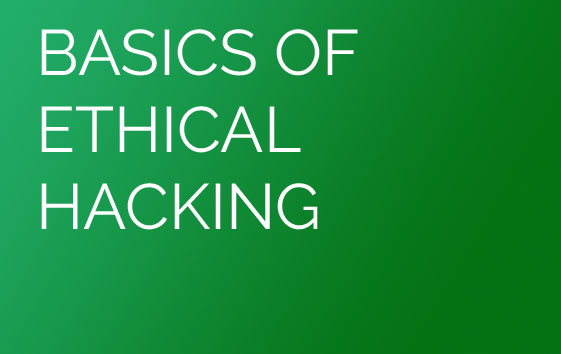Hi Friends...My New Blog on How to Speak English Well Part 2
This is the continuation of the previous blog.
Let's continue
6. Improve Your English Pronunciation
While there is no single correct English, if people have trouble understanding you, it will be hard for you to speak confidently. There is no magic to improving pronunciation, you just need to learn the mechanics, and then practice. It is all about how you move your mouth and use your lips, tongue, and throat. For this, you should watch native speakers while they are talking and observe not just what they say, but how they say it.
7. Learn Intonation, Body Language, and Gestures
True English fluency is about more than just vocabulary and grammar. If you can figure out intonation, body language, and gestures, you will really look and sound like a native speaker.
Intonation is the rise and fall or tone changes in how a person speaks. Body language is how a person uses their own body to support (or go against) what they mean. Gestures are hand and body movements that work together with what someone is saying.
It is not easy to learn these three things because they seem very natural. One way to learn is to just watch how native English speakers communicate with each other.
One way to study these aspects of the language is by hiring an English teacher if that is in your budget. Another is watching YouTube videos if you can avoid getting distracted with other videos.
It is all about how much serious you for your English.
8. Use What You Know Best
When you are writing and saying your own sentences, focus on using the words you are already familiar with. You may want to use more difficult, advanced English words to sound more fluent, but you should stay true to your skill level and keep practicing what you already know.
Make sure that you are comfortable with the English you use, instead of just trying out new, unfamiliar words just because you want to. Doing so can lead you to say incorrect or strange things.
Of course, you do want to learn more and more words and skills to advance. I recommend studying a new word for a little while in context (in sentences and videos) before you use it in real conversations.
9. Do Not Be Afraid to Make Mistakes
Sometimes, it can be difficult to put all those rules and words together into a simple sentence. Do not let the fear of saying something wrong stop you from speaking at all.
Even if you think you are making a mistake, keep speaking anyway. Most of the time, people will understand what you are trying to say, even if you make a mistake.
Plus, the more you speak, the easier it gets, and the faster the right words will come to mind.
10. Keep Notes on Your Mistakes
Do not be afraid to make mistakes but also make sure that you understand them! When you know that something went wrong in your English conversation, make a note of it (in your mind or, better yet, on paper). In your own time, study what exactly made you trip up. Did you use the wrong vocabulary? Was something pronounced incorrectly? Maybe you were using the wrong tense in your sentences?
Mistakes are unavoidable and necessary, but to lower the chance of repeating the same mistakes, you must learn (and not run away!) from them.
Thanks
Sourabhgupta.com






















